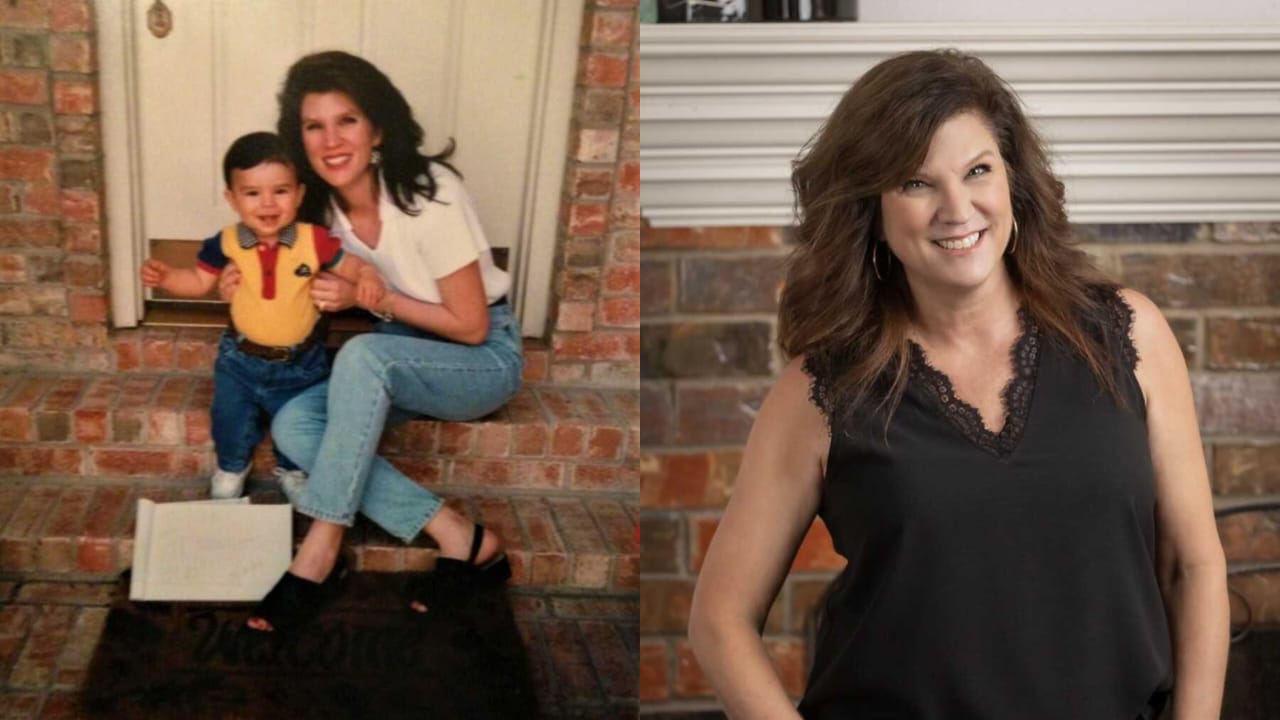I’ve carried battles inside me that most people will never see. Panic attacks that left me breathless, depression that dragged me under, bipolar swings, OCD patterns, even moments when I tried to end it all. That’s a lot to say in one breath, but it’s the truth. The silver lining is this: I’m still here. Still standing. Still fighting. For years I kept quiet because of shame, because of my family, because I was scared of judgment. But silence only delayed the help I needed. Talking is part of why I’m alive now.

My journey really began at nineteen. My stepdad had just died suddenly while I was in college. He was such an anchor in my life, and losing him tore me apart. One night, as I was walking out the door, it hit me out of nowhere, my first full-blown panic attack. My body betrayed me. Cold sweat poured off me. My heart raced out of control. I shook, I couldn’t speak, and I ended up crumpled on the bathroom floor, throwing up. I thought I was dying.

That one attack changed everything. From then on, fear crept into my daily life. I went from doctor to doctor heart, stomach, tests for everything physical. Nobody brought up the word “mental.” Back then, mental illness wasn’t something people talked about. It was taboo. Embarrassing. So I walked on, pretending, but inside I was terrified to live my life fully.

Work became my hiding place. After my stepdad died, throwing myself into assignments was the only way I held it together. By my twenties, I had landed my dream job at a TV station. I loved the rush of it, but the panic always followed me. I was once sent to cover the implosion of the federal building in Oklahoma City. I made the drive by sheer willpower, stopping to throw up on the side of the road, but I kept going. On the way back, flying nearly broke me. I curled up with a barf bag and a blanket, ashamed and small.
That’s how my twenties went work giving me purpose, panic stealing everything else. I couldn’t travel without melting down. I ruined family trips. Once, during what was supposed to be a fun getaway to San Antonio, I panicked so badly we turned the car around and drove home the same night. I sat in the backseat in the fetal position, drowning in guilt.
Through all of this, I never saw a psychiatrist. My parents didn’t believe in it—they saw mental illness as a reflection on themselves, a stain. And I was too scared people would call me “crazy.” So I kept quiet and numbed myself with whatever a doctor would hand me.

In my thirties, I became a mom. Pregnancy was brutal on me mentally, but by the grace of God I made it through, and my son is the greatest gift of my life. For him, I finally went to my family doctor and started medication. But it was like putting a Band-Aid on a gaping wound. I also discovered Xanax and Klonopin, and instead of healing, I was just sedating myself to get through the days.

On the outside, I was thriving. I worked my way up in a nonprofit until I became Vice President. But inside, the cracks were widening. Travel was part of the job, and eventually I had to tell my boss about my panic disorder. That conversation was one of the hardest things I’ve ever done. He was kind, but he still wanted me to try. One day, I boarded a plane to Houston, determined. But before the doors closed, I bolted. I couldn’t do it. That was the end of travel for me.
Then came the darkest years. I stopped going out. Stopped seeing friends. I wouldn’t drive over bridges, wouldn’t eat in restaurants, wouldn’t join family events. Depression swallowed me whole. I even tried to end my life with Xanax, convincing myself it would be easier for everyone else if I was gone. But it wasn’t my time. Looking back, I thank God every day that I survived that moment, even though admitting it now still makes me feel exposed.
It wasn’t until my forties that I finally said enough. It took decades, but I realized I couldn’t keep pretending. I spoke up, found a psychiatrist, started working with a counselor, and finally got real about what was happening inside me. I stopped lying to my son. Now he knows me fully, and that honesty has brought us closer than ever. I launched a business, started a podcast, and began sharing openly about mental health. I’m still working to find the right treatment, and yes, the panic still shows up.
A few years ago, I was at an Emmys gifting suite in Los Angeles promoting my company. I was dressed up in white, ready for a big moment. But within an hour, I felt the panic building. I ended up on the floor outside a locked bathroom, shaking and praying not to die. Nobody knew not even my mom who was with me. I kept it hidden, but inside I knew I had hit the wall again.
The difference now is this: I don’t hide anymore. Talking about my mental health has stripped away some of its power, even if it hasn’t erased it. I still struggle. COVID didn’t make things easier. But I accept this part of me. I believe God gave me this story for a reason, and if sharing it helps one other person reach for help, then it was worth it.











